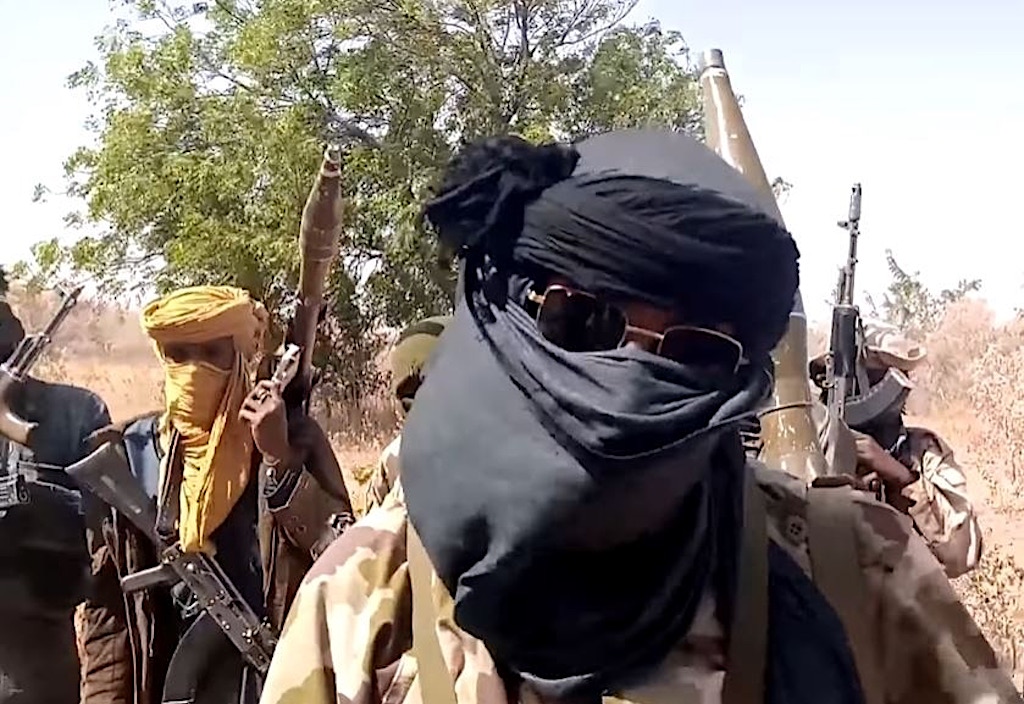SONALA OLUMHENSE FROM PUNCH
Nigeria ruler Bola Tinubu is a man firmly trapped by his own track record. Last week, his predecessor, Muhammadu Buhari, completed his own trap for the man who is also domestically known as ‘Jagaban’.
It was at the launch of a couple of praise books in Abuja for Buhari, and the former soldier who advertised himself as a ‘converted democrat’ took the opportunity to handcuff Jagaban.
“Government is a continuum,” Buhari said, in comments cleverly written for him to help him sustain a ruse he deployed when he occupied the presidential palace. “It is like a relay race. You run your course, and hand over the baton to the next person…”
Mr. Tinubu took the bait, praising Buhari as having served the country with “dedication and uncommon zeal.”
Declaring that he “inherited all his assets and liabilities,” he noted that “President Buhari gave us the second Niger Bridge. He revamped the Lagos-Ibadan Expressway…The Abuja-Kaduna-Kano Expressway, which he started, will be completed by my administration, by the Grace of God.”
To be sure, two years ago, I did congratulate Buhari on the completion of the Second Niger Bridge, which, along with the Lagos-Ibadan expressway and the Abuja-Kaduna-Kano road (AKR), were allegedly his administration’s three key infrastructure interests. Buhari failed to deliver the other two.
In this column on January 17, 2021, I had predicted that, contrary to spreading propaganda, he would not complete AKR and that it would not be completed until 2025. He did not, and the Tinubu government is now promising to complete it this year.
In this never-ending relay race, the point is that it is not important whether Buhari completed any specific infrastructure or not: It is that he proved incapable of the leadership for which he was elected. That was supposed to be a leadership of C-H-A-N-G-E, at which launch he infamously plagiarized the 2008 presidential victory speech of Mr. Barack Obama.
One year into his first term, as he scrambled for a higher international profile, Buhari wrote in the Wall Street Journal, ‘The Three Changes Nigeria Needs,’ in which he acknowledged:
- He had been elected to end corruption and business as usual, and to build an economy that delivers for all Nigerians;
- To tackle the endemic corruption and mismanagement that was crippling the Nigerian economy and corroding trust in its institutions, and that the anti-corruption fight was at the heart of combating poverty and improving security.
- That Nigeria needed an accountable government and a public sector that could do more with less.
- His government could not improve living conditions and restore fiscal health without making people feel safe and secure—just as it could not defeat militancy without reducing poverty and dislocation.
As he soaked in the adulation of the world, including a visit to the White House in which President Obama praised him, his government was vociferous in criticizing its predecessor. He signed agreements with the British government and the United Arab Emirates on repatriation of recovered assets and extradition of culpable officials.
In December 2015, President Buhari was at his populist best. “Corrupt acts will always be punished, and there will be no friend, no foe,” he stated.
Vice President Yemi Osinbajo declared that Nigeria had lost about $15 billion, (“more than half of the current foreign reserves”) to fraudulent and corrupt practices in security equipment spending during the Goodluck Jonathan administration. He separately stated that the PDP frittered away $383bn in four years that it could have spent on infrastructure.


